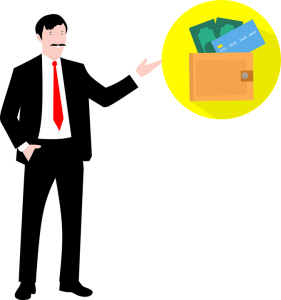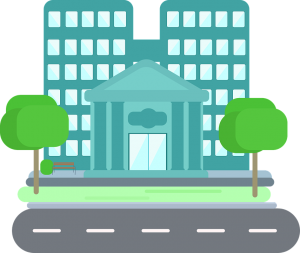economics

The natural and cultural goods of this earth are extremely unevenly distributed among its human inhabitants. Humans are the only species able to label this condition as primitive and unjust. The best among us have therefore striven to help create a world where a more equal sharing of wealth might be accomplished.
Economics: the modern world
In the modern world, which began in the West about two hundred years ago, economic prosperity came to be considered a good in itself, a foundation for greater equality, liberty and the well-being of many. Economic growth became a precondition for development and progression, for the free exchange of goods and ideas, discoveries and inventions, for better communication, liberal education, for the flourishing of arts and science, the creation of ever more democratic institutions, the establishment of just laws based on human rights, and many other principles that are cherished, though not yet well practised, in the modern world.
Economics: the sexual system
The reason for the continuing economic inequality is the sexual system. Most of the houses that are built in the world are family homes, most of the cars are family cars. The vast majority of businesses are family businesses. Even the large corporations are originally family enterprises, and are even today run by a family. The labour force in the world is recruited mainly from individuals that support a family. Competition is basically between families. Distinctions and segregation in terms of race, background, ethnicity, and wealth are along family lines. Because all parents want the best for their children, the rich remain rich and the poor poor. It is for their families that people will do anything, work and hunt, steal and cheat, cut forests and throw bombs. Thus it is our natural reproduction which has so far prevented a more equal distribution of wealth and health among all.
Economics: capitalism and communism
The two major socio-economic theories that we have, capitalism and communism, were both construed in the nineteenth century and have the family as their natural mainstay. Capitalism has so far triumphed because it is more in tune with human nature. It has brought colour and fun, but also addictions, diseases and waste. Where communism has been put into practice, it has brought social improvements where they were sorely lacking, but on the whole personal freedom and opportunity were drowned in a soup kitchen type of equality.
Economics: equality
We can envisage a type of economic equality which is not based on the forced distribution of earth, but on the free availability of plenty. Take air, for instance: we are -with some exceptions- free to breathe. This is the same as saying that we are economically equal in this respect. As long as there is plenty of it we can all take as much as we like, without competition, without queuing, and without becoming addicted or bored (which is what the moralists always say about plenty). The real question about air is how clean it is. And that is a geographical problem. Inequality in air quality does not run parallel with economic inequality: the rich take in as much pollution as the poor.
If we look at water, we see what may happen even to such a natural necessity. Water was once freely available and is now becoming a commercial or distributable commodity, and a cause of war.
If we can – as we must – truly regulate reproduction and population numbers, as well as radically change the character of the family and bring better people into the world, a new economy will come about, which will be characterised by abundance and free availability. Clearly this will change the entire social fabric.
